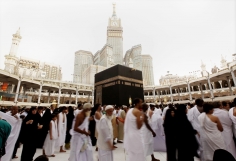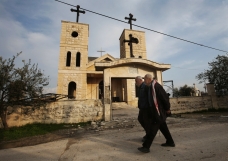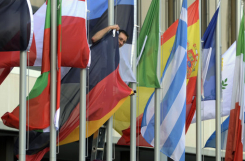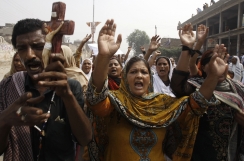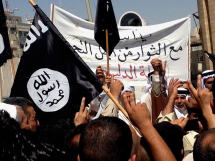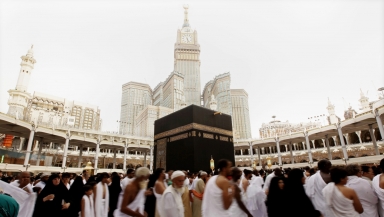
A group of 28 Christians holding a prayer meeting were arrested by Saudi Arabian police last week.
The group was abducted from the home of an Indian Christian in the city of Khafji, near the Kuwaiti border. They have not been heard from since their arrest.
According to Fox News, a Saudi government minister claimed to have no knowledge of the arrests, which have been reported in several Saudi news outlets.
Arabic-language news site Akhbar-24 said that the religious police were tipped off about the house church meeting.
There are contradictory reports about the group that has been captured – some saying that just adults were arrested, while the Saudi Gazette reported that men, women and children were taken.
Several Bibles were also confiscated in the raid.
"Saudi Arabia is continuing the religious cleaning that has always been its official policy," said Nina Shea, director of the Washington-based Hudson Institute's Center for Religious Freedom in an interview with FoxNews.com.
"It is the only nation state in the world with the official policy of banning all churches. This is enforced even though there are over 2 million Christian foreign workers in that country. Those victimized are typically poor, from Asian and African countries with weak governments," she said.
It has been suggested that King Abdullah has tried to ease tensions with the West over religious intolerance by establishing the King Abdullah bin Abdulaziz International Centre for Interreligious and Intercultural Dialogue in 2011.
However, the Committee for the Promotion of Virtue and the Prevention of Vice is a government agency that employs a special police force to implement Sharia law, in the state where the official religion is Sunni Islam.
Saudi Arabia is the birthplace of Islam, and Mecca draws about 2 million Muslims in pilgrimage every year.
It is against the law for a Muslim to convert to a different religion, known as apostasy, which carries the death penalty, along with blasphemy. It is also illegal for non-Muslims to proselytise; Bibles cannot be handed out and crosses or other non-Islamic religious symbols cannot be worn publicly.










